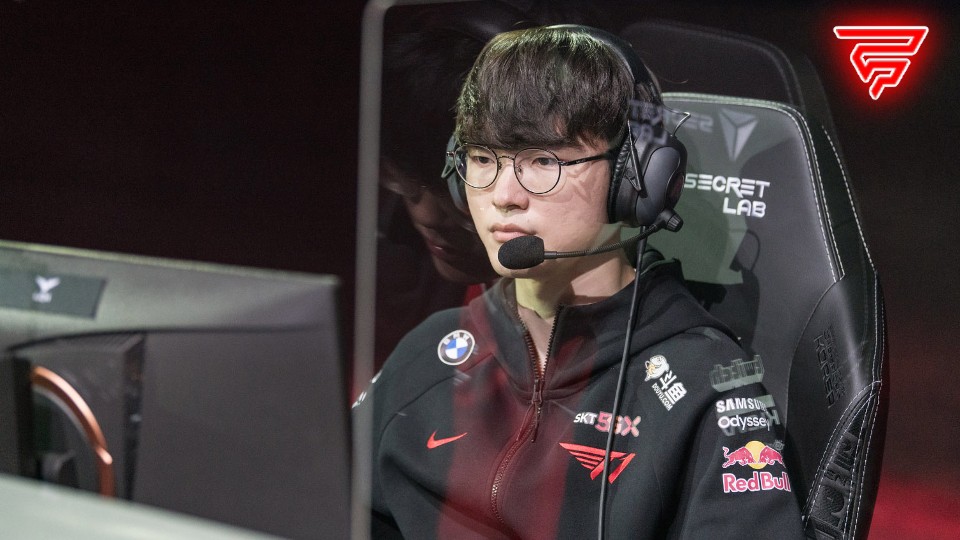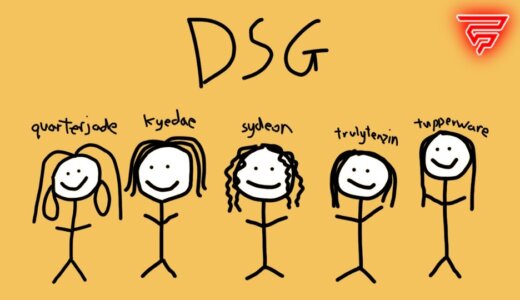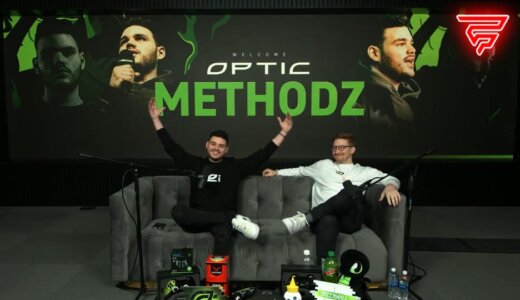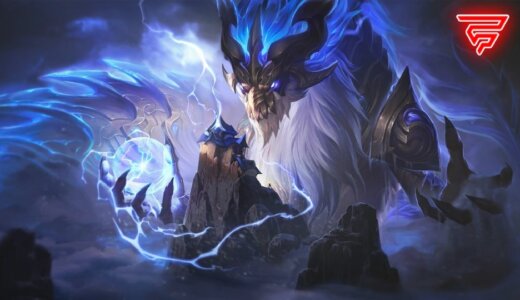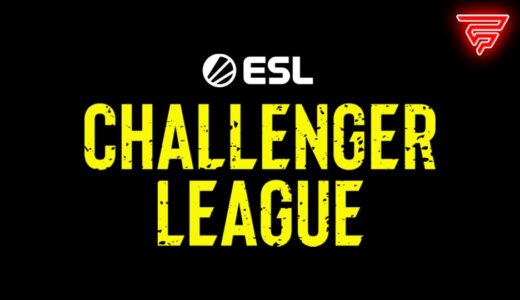In the world of gaming, the LCK DDoS attack has been a big problem. This issue means some bad actors have been overwhelming the game’s servers with too much fake internet traffic.
Why does this matter? Well, it’s caused a lot of trouble for the League of Legends Championship Korea (LCK) games. Matches had to be paused, and some were even played without anyone watching live.
Imagine prepping for a big game only to find out you can’t play properly or your fans can’t watch. It’s been tough on players and everyone who follows and enjoys these games. This issue has really shaken up the community, making it hard for teams to do their best and for fans to enjoy the matches they love.
The Onset of the LCK DDoS Attack
Announcement regarding 2024 LCK Spring Match 49, 50 pic.twitter.com/MFpPOQJoOw
— LCK (@LCK) February 25, 2024
On February 25, 2024, the League of Legends Championship Korea (LCK) faced a significant hurdle. During a Week 6 game, teams Dplus KIA and DRX were in the middle of their match when they first experienced the impact of a DDoS attack.
Despite the disruption, they managed to finish the game. However, the severity of the issue led the league to postpone and eventually pre-record the second match planned for that day.
The trouble didn’t stop there. As the week continued, another high-stakes match featuring team T1 was hit by these malicious attacks. The LCK officials, prioritizing fairness and the integrity of the competition, made a crucial decision.
Week 6 Tickets & Broadcast Announcement pic.twitter.com/yG1wCPVaxJ
— LCK (@LCK) February 28, 2024
To counteract the disruption caused by the DDoS attacks, they announced a move to pre-record matches for the rest of Week 6. This step was unprecedented but necessary to ensure that the games could go on without further interference.
Acknowledging the fans who had bought tickets hoping to watch the thrilling matches live, the LCK took a step further to refund the tickets. This gesture showed the league’s commitment to its audience despite the unforeseen challenges.
By switching to offline servers and pre-recording games, the LCK aimed to shield the players and the competition from any more digital attacks, ensuring the matches could proceed in a fair and controlled environment.
Measures Taken by LCK
In response to the ongoing LCK DDoS attack challenges, the league took decisive actions to ensure the continuity of live matches. By early March, the LCK announced a cautious plan to resume live gameplay, initially without audiences, to safeguard the integrity of the competition.
A message from Secretary General Aiden Lee to LCK fans: pic.twitter.com/ixDRuXc5hx
— LCK (@LCK) March 4, 2024
LCK Secretary General Aiden Lee emphasized the league’s commitment to overcoming the disruptions caused by the attackers, highlighting the wide-reaching impact a shutdown would have on the entire esports ecosystem, from teams to fans and beyond.
📢 The #LCK will return to live broadcasts at 5PM weekdays/3PM weekends starting next week. pic.twitter.com/4JJpCFv74L
— LCK (@LCK) March 10, 2024
The LCK made a significant move by reintroducing live matches starting with Week 8 of the competition, albeit in an empty LoL Park, to minimize risks.
As part of our security measures to protect against DDoS attacks, the #LCK has recently introduced an offline game server to LoL PARK that is not influenced by external networks.
The LCK’s Secretary General Aiden Lee has shared more on this news through the message in the… pic.twitter.com/anEDUZpPdM
— LCK (@LCK) March 13, 2024
A key strategy was the introduction of an offline game server, a secure setup designed to be impervious to external cyber threats. This measure proved effective, as the league reported no delays in matches despite the continuation of DDoS attacks.
The commitment to ensuring the safety and fairness of the competition was further demonstrated when fans were welcomed back to the stadium on March 20 for the final game’s week.
T1’s Struggle with DDoS Attacks
T1, the renowned esports team, and its acclaimed player, Faker, faced significant setbacks due to the persistent LCK DDoS attacks. The relentless cyber assaults not only disrupted their practice sessions but also intruded upon their live streams to fans. This interference compromised their usual high standards of preparation and performance.
— T1 LoL (@T1LoL) March 21, 2024
In an effort to mitigate the damage, T1’s management, led by General Manager Jeong ‘Becker’ Hoi-yoon, decided to curtail streaming activities and eventually halted them temporarily starting March 20. This strategy aimed to preserve the players’ focus and maintain their routine without the disturbances caused by the attacks.
Currently at @T1LoL press conference
Faker says the fact that T1 players cannot play solo queue “has impacted the team” in terms of performance,
That the situation “has not been fair” pic.twitter.com/AEmixoerrn
— Ashley Kang (@AshleyKang) April 4, 2024
The impact was evident as T1’s on-stage performance suffered, highlighted by a notable loss to Hanwha Life Esports. Faker publicly attributed this downturn in form to the disruption in their practice schedule, revealing the team’s disadvantage due to the need to use lower-rated “super accounts” for practice, as their main accounts were compromised.
Despite efforts to continue with technical solutions, the challenge of uninterrupted preparation remained, leaving T1 at a competitive disadvantage. This situation brought to light the severity of the attacks and the critical need for effective cybersecurity measures within the esports domain.
Facing a crucial upcoming match, T1 stands at a crossroads where their performance could determine their journey to the MSI 2024. With the stakes higher than ever, securing their plans against further DDoS attacks becomes critical to their hopes of advancing in the Spring Playoffs and securing their spot at the Mid-Season Invitational.
